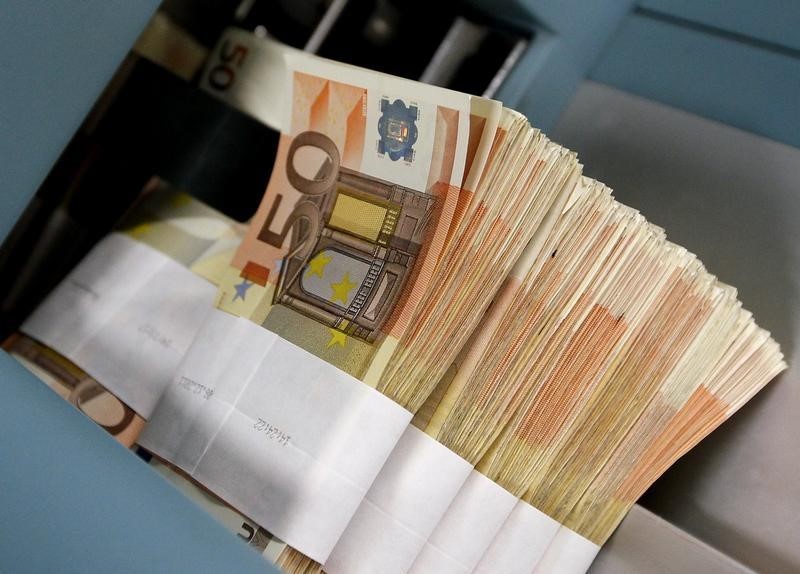(Repeats to additional subscribers)
* Euro pulls back after hitting 3-week high vs dollar
* Market debates whether central banks running out of ammo
* Focus shifts to Bank of Japan next week, yen dips
By Patrick Graham
LONDON, March 11 (Reuters) - The euro dipped on Friday after a shocking series of moves around Thursday's European Central Bank meeting which ended with its biggest gain in a month, undermining the case of those still calling for a fall to parity with the dollar.
The bank took a series of bold easing steps, including an expansion in asset buying and a deeper cut to already negative deposit rates that added up to far more than the market had expected and should have weakened the single currency.
But ECB President Mario Draghi's comment that he expected the bank might not have to cut rates further fed concerns that officials in Europe and Japan are running out of ammunition with which to weaken their currencies and raise inflation.
After a surge to more than $1.12 on Thursday, the euro eased half a percent to $1.1118 in early trade in Europe.
"A few months ago, if you had expected such measures were going to be deployed, you would have thought the euro would fall 3 percent," said Gian Marco Salcioli, head of FX sales at Italy's Intesa Sanpaolo (MI:ISP) Banca IMI (LON:IMI) in Milan.
"Going forward, this is not risk positive, and it is probably euro supportive but we need to see the price action of the next few days."
The 4-cent spread between the euro's highs and lows on Thursday equalled any of the euro's most volatile days over the past five years and were similar to moves after two of the past year's key ECB meetings - in December and last March.
German two-year bund yields posted their biggest daily rise in three months overnight, supporting the euro. European stock markets, whose gains have tended to accompany euro losses in recent months, rose strongly.
The dollar index .DXY , having fallen sharply on the euro's broad strength, recovered around half a percent from a one-month low of 95.939 hit in U.S. trading.
The focus will now shift to a March 14-15 Bank of Japan policy meeting. The BOJ is widely expected to stand pat on monetary policy after adopting negative rates in January, but some speculate the central bank could lower rates further.
"I don't think the BOJ will ease next week. That said, the ECB's easing was a full spectrum one, and the market will approach the BOJ meeting thinking anything could be possible," said Koji Fukaya, president of FPG Securities in Tokyo.
"As for the ECB's easing, it is after all a 'risk on' factor. Its effects could be felt gradually and curb yen strength."
The dollar was up 0.5 percent at 113.74 yen JPY= , having dipped to 112.75 in Asian time. It is still within striking distance of a 16-month low below 111 yen hit last month in response to concerns over banks and the pace of global growth.
